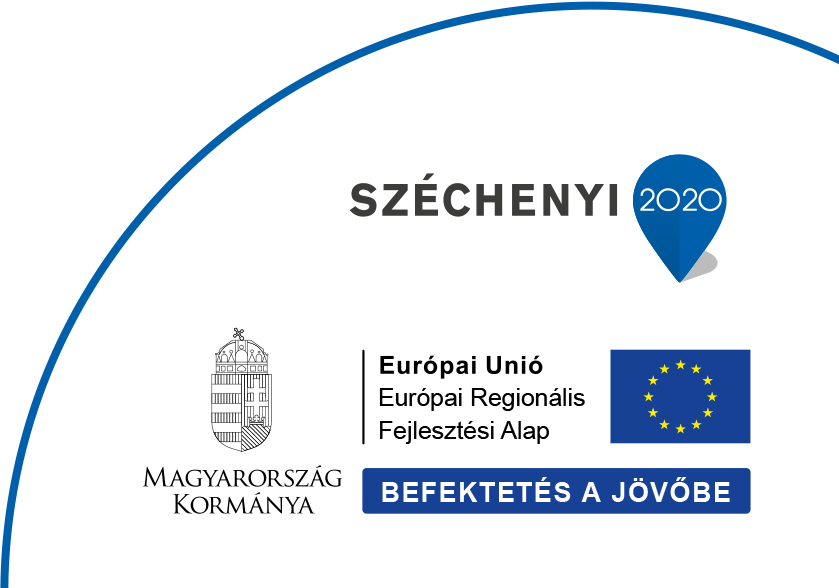Head of Department
István Panka
Tel: +(36-1)-392-2297
Fax: +(36-1)-392-9293
E-mail: panka.istvan@ek-cer.hu

The Department is composed of the Reactor Analysis and Thermohydraulics Groups and focuses mainly on researches related to deterministic safety analyses of different generations of nuclear reactors.
Traditionally, the activity of the Reactor Analysis Group covers the development, validation and application of static and kinetic neutron physics calculation tools for Light Water Nuclear Reactors, moreover their coupling to thermohydraulic and thermal mechanics models. Special attention is paid to the reactors of VVER-440, VVER-1000, VVER-1200 power plants and to the VVRSM Research Reactor of EK which can be analyzed by own developed codes: the KARATE code system for the core design, the KIKO3D dynamic code for safety analyses. The quantification of computational accuracy (validation), the reduction of uncertainties, the application of developed methods for specific purposes (e.g. licensing) are also an important part of R&D. For validation, criticality experiments, benchmark exercises and measurements in nuclear power plants are used. The developed and validated codes enable to perform the following investigations: safety analyses of the RIA and ATWS events for licensing of new cores, fuel types and power upgrade, design of the reactor cores including periodic reloading, etc.
The Thermohydraulics Group has acquired important experience in the thermohydraulic analysis of VVER-type reactors, both in experimental and in analytical fields. The PMK-2 facility is an integral-type scaled model of the primary and partly the secondary circuit of Paks NPP. On the basis of the experiments conducted thermohydraulic system code validation was performed (RELAP5, ATHLET and CATHARE), ensuring proper applicability for safety studies of VVER power plants. Experimental evidence aided in developing accident management strategies for various accident scenarios like in case of secondary side bleed and feed procedure. Number of the NPP’s safety enhancement projects have been supported by computer analysis made by RELAP5 and ATHLET codes. A research program had been set up at the Institute to give scientific support to address the vessel coolability at the very unlikely condition of total core melting. To clarify the uncertainties related to the physical processes occurring in such a severe accident an integral type experimental facility CERES (Cooling Effectiveness on Reactor External Surface) was built. Measurement series performed prove the applicability of the concept which led to a major safety increase in the power plant.
The research carried out in the Department has contributed significantly to the earlier power upgrade at Paks NPP and the introduction of new fuel types (most recently “slim fuel”). For Paks II, independent safety analyses were carried out. The continuous study of the normal operation and the accident conditions of the power plant ensured the high quality of the safety analysis reports prepared for the licensing the NPP.
One of the major innovations of coming decades in nuclear engineering will be the development of Gen IV NPPs. Recently, studies on sodium-cooled fast reactor types have continued: the KIKO3DMG code has been validated in an IAEA project through the China Experimental Fast Reactor (CEFR). In the field of gas cooled reactors, the design of the ALLEGRO demonstrator reactor has been under way for a long time. Research on the ALLEGRO reactor is ongoing in the framework of the EU H2020 SafeG project, and the Department plays a key role in core design and safety analysis.
Our publications:
https://m2.mtmt.hu/gui2/?type=institutes&mode=browse&sel=institutes13010
https://m2.mtmt.hu/gui2/?type=institutes&mode=browse&sel=institutes13009
The colleagues of the department
István Panka – Head of Department
Bálint Batki
Árpád Attila Danczák
István Farkas
Tamásné Farkas István
Attila Guba
Áron Hegedűs
Attila Imre
Csaba Maráczy
Gusztáv Mayer
Attila Nagy
István Pataki
Antal Takács
Emese Temesvári
